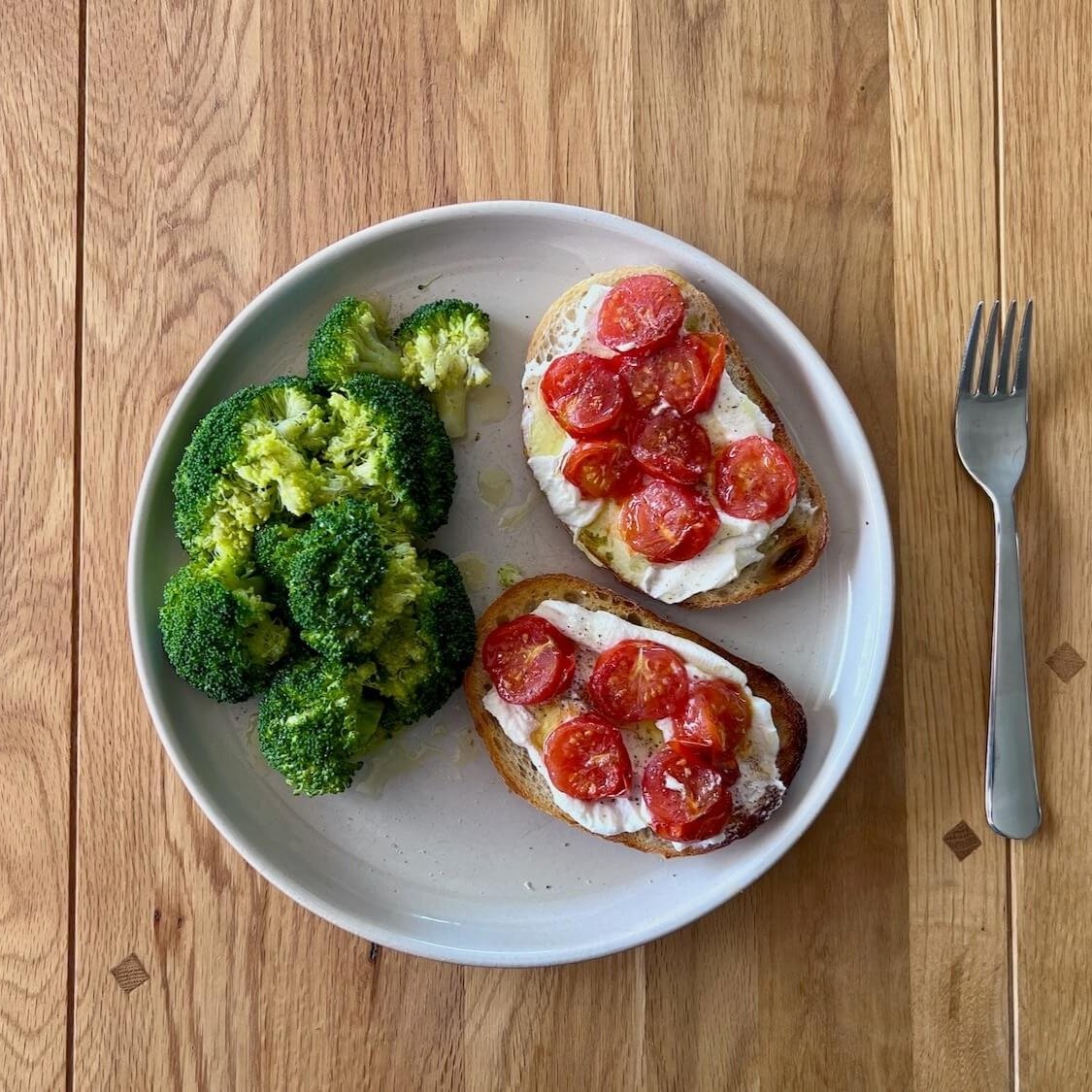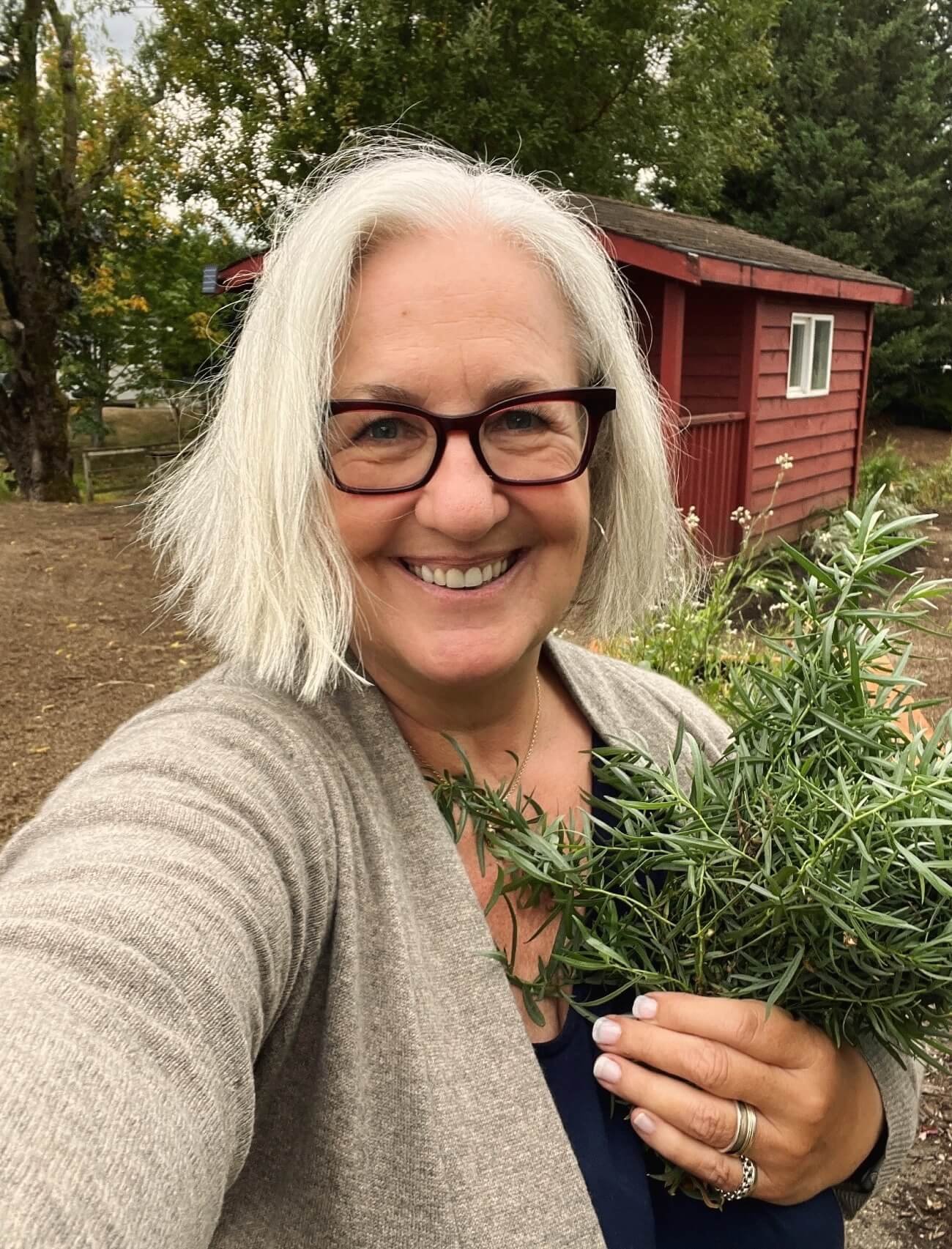Rewriting A Familiar Story
After two decades of losing and regaining the same 40-60 lbs of the same 100 lbs I have to lose, I hit rock bottom when I entered my sixties, and the weight-related health problems started piling up. I had spent years vacillating between the equally harmful diet and anti-diet cultures, looking for solutions for my trauma-induced emotional overeating that ultimately led to obesity.
When I turned 61 in February 2024, I made the decision to take back control. I didn’t just want to release the excess weight; I also wanted to actively heal the early childhood trauma that was at the core of my comfort eating and subsequent weight gains. This led me to somatic therapy, which is turning into a game changer. Somatic therapy is all about reconnecting with our bodies and allowing our feelings to be rather than stuffing them down with food. This work has not been easy and is ongoing. It is life-changing.
“Willingness to feel is the #1 predictor of eating behavior change. If you have the skills to be with cravings and emotions, and not have to fix them, then you’re in the driver’s seat.”
“The real work lies in the unravelling of decades of last-supper mentality, guilt and resistance, while fostering emotional resilience and gentle healing.”
My Weight Loss Plan
2023 was a tough year physically. I am 5’ 8”, and at 282 lbs, I had reached my highest weight ever. For the first time, I was also feeling significant changes in my joint health. Walking and moving around had become a lot more difficult, making me feel very old, especially when compared to my fitter and healthier friends. By the end of that year, I felt so discouraged and defeated that I agreed when my GP suggested I try Ozempic or Wegovy. I hate taking meds, but I was desperate. Alas, even though I had a prescription, my insurance kept denying it.
So, I decided that enough was enough and that I had to do this on my own. I went back to the only plan that has ever helped me lose weight in the past:
Calorie counting & mindful eating
Intermittent fasting
Reduced refined sugar
Walks and bike rides
Daily planning & journaling
This is what works for me and my neurodivergent brain, which likes structure and certainty. Between all the lessons I learned from the previous losses and regains and the additional support of somatic therapy, things feel very different this time around.
Over the last year, I have also learned so much about my life-long difficulties with meal planning, grocery shopping, and cooking and how my brain works in this regard. As a result, I am making big changes to how I plan, cook, and eat. I share my food diary and general progress on Instagram, mostly to chronicle my journey and to have a visual database of meals to choose from! 😉
Click the button and request access if you’d like to follow along.
Thank you for reading and see you on Instagram,
Kerstin xo



